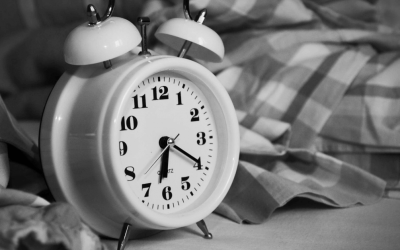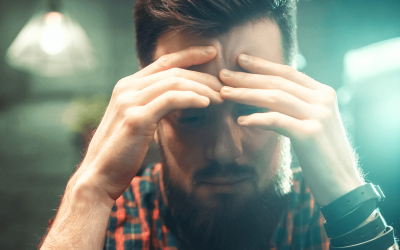The majority of people in America are aware that opioids are able to affect many aspects of life negatively. One of the things that opioids can wreak havoc on is your sleep patterns. Opioids can seriously damage sleep quality, and create issues with falling asleep and conditions such as sleep apnea. Read on to learn more about the damaging effects of opioids on sleep patterns. Hope Centers of Central Florida is a top Orlando treatment center providing long term opioid therapy. If you are seeking treatment for yourself or a loved one, contact Hope Centers of Central Florida’s Orlando office today.
Opioids Damage Sleep Patterns
There are many ways in which opioids can cause issues with your sleep patterns. Firstly, the overall quality of sleep can be affected in a negative manner if there is regular use of opioids. Penn State University conducted a study showing that intense drug cravings were directly correlated to patients who reported lower quality of sleep. Such sleep issues can include restless sleep or waking frequently throughout the night. There are different levels of sleep that a person a person should go through, which will be discussed further, and drug use can disrupt or diminish these cycles, affecting not only the quality but the amount of overall hours a person is able to sleep. There are four major different types of sleep problems that are commonly caused by opioids.
- Insomnia- Many patients at our Orlando treatment center suffer from sleep deprivation due to opioids and have trouble falling asleep, staying asleep, or getting restful sleep.
- Parasomnia- Opioids disrupt a person’s sleep patterns and cycle, thus they are also able to cause you to have abnormal behaviors during sleep, such as sleep-talking, which can lower the quality of your sleep.
- Daytime Sleepiness- Excessive sleepiness throughout the day can be an effect of opioids, and sometimes this tiredness comes from sleep issues, while in other cases it is a side effect of the opiate itself.
- Mixed- A regular opioid user can also likely have a combination of all of the symptoms mentioned above with no predominant symptom. They may be sleepy during the daytime, for example, and parasomnia at night.
We Offer Long Term Opioid Therapy
The above are symptoms of opioid use due to the biological and chemical reactions that these drugs cause with the body. REM sleep, which stands for rapid eye movement sleep, is one of the most important stages of sleep. REM sleep can be disrupted or even cut off due to opioid use. Having adequate REM sleep is tied to the ability to learn and retain memory, and disrupted REM sleep in those who regularly use opioid can produce negative results in these areas of brain function. Moreover, poor sleep patterns can ultimately increase the amount of pain that an individual experiences, which may be why someone may choose to take opioids in the first place. This causes a vicious cycle of increased pain and opioid use to be perpetuated.
Contact Us Today
Among many other negative effects, opioids have a profound impact on human sleep patterns. Hope Centers of Central Florida offers long term opioid therapy at our Orlando treatment center. Call Hope Centers of Central Florida for an appointment today.




